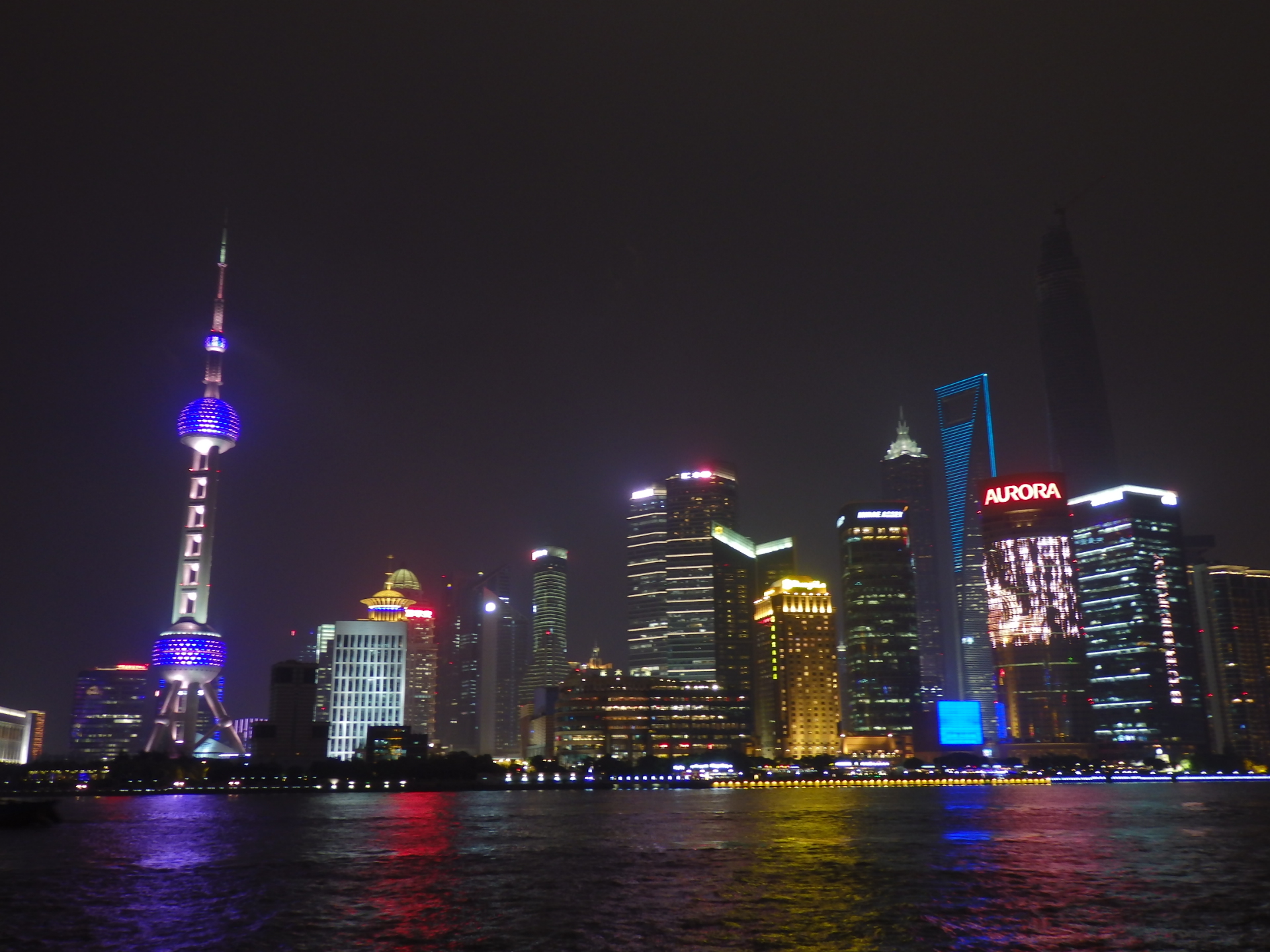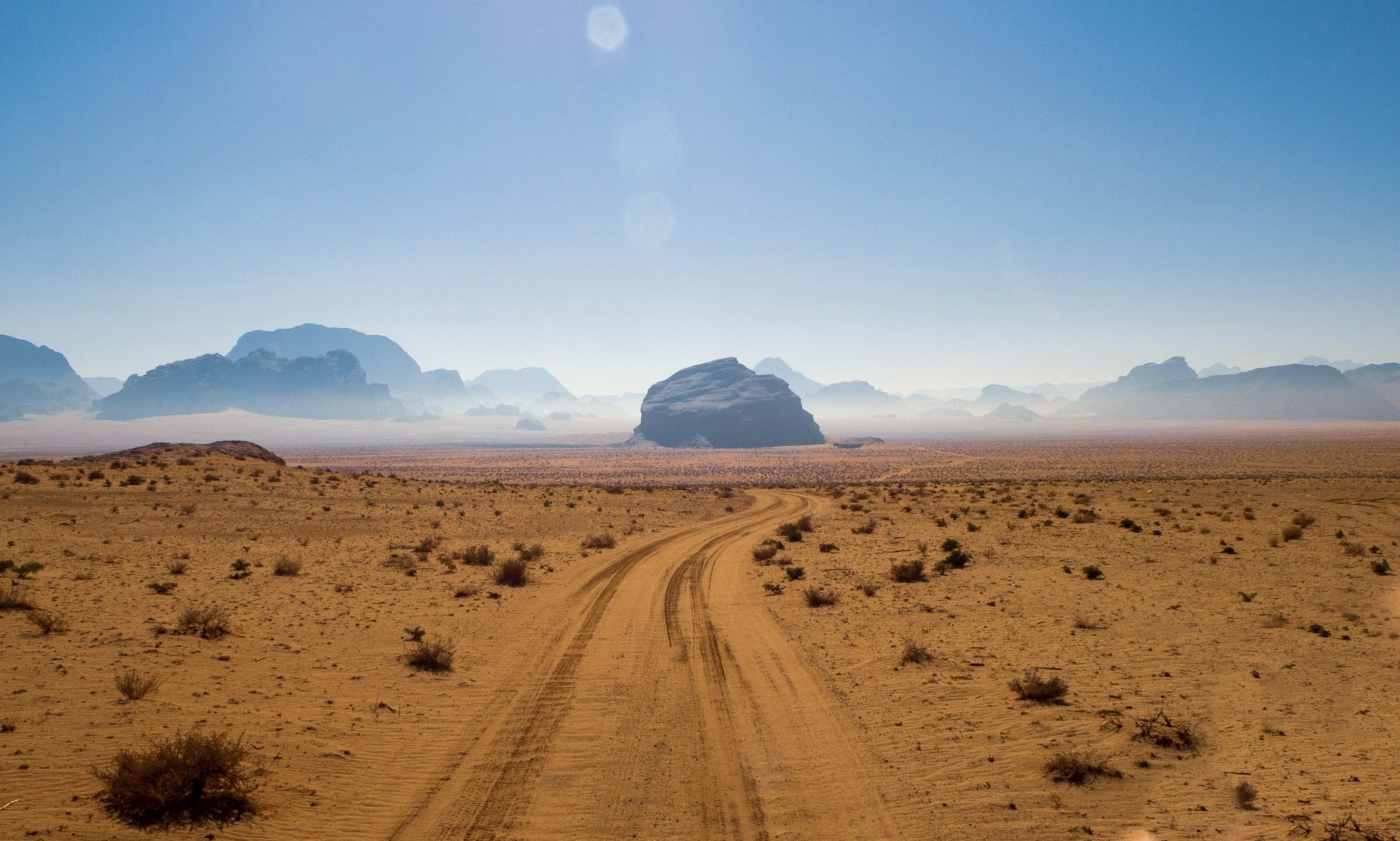
Deng Xiaping, the historical leader of China responsible for many of the economic reforms that have led to the explosion in the country’s growth famously said:
“Not only should we push up the economy, we should also create a good social order and a good social mood.â€
Well, one out of three isn’t bad right?
Before I describe what’s wrong with Shanghai and risk accusations of blatant racism, I’m going unashamedly trot out a “some of my best friends are black†type mitigation: I am happily married to a Chinese girl whose family all seemed (as well as anyone can when they speak even less English than I do Mandarin) pleasant, friendly and generous
Now that caveat is out the way, let’s get to it.
Not to put too fine a point on it, the problem with Shanghai is the people. There, I said it. In many ways Shanghai is the epitome of a 21st century city – a skyline to die for (the highlight being the brilliantly alienesque Oriental Pearl TV Tower), an excellent public transport system, fantastic shopping, buzzing nightlife, superb food (although I would personally recommend staying clear of the duck feet which taste as vile as you would expect them too and the pork ligaments which manage to be both stringy and fatty) and, obviously, a thriving economy.
All this is fatally undermined, however, when much of the population are still “pig farming peasants from the village†as memorably described to me by an (Asian) friend. Let me give you an example: The Huangpu River is a huge waterway cutting majestically through downtown Shanghai but, unfortunately, I’m firmly convinced that the majority of its great flow can be attributed to the saliva that is continually gobbed out by the populace of the city. There are two dominant noises in Shanghai – the beeping of car horns (more on the traffic later) and the continual sound of energetic nasal hawking followed by spitting. Sarah assured me that the fact that most of the culprits at least make a cursory effort to aim their spit at a bin (if there happens to be one nearby) represents considerable progress.
Another example: The Shanghai subway has sprung up in the past fifteen years and now provides comprehensive coverage across the vast city. It is frequent, reliable, cheap and clean. Again this is all to naught when every attempt to board a train degenerates into an orgy of pushing, shoving and elbowing. The concept of standing aside to let other passengers off clearly hasn’t reached Shanghai whereas the concept of ‘every man for himself’ seems to be the default position. It is rudeness on a staggering scale and the only real option is to laugh at it. I’m not quite sure how funny it would be if you had to endure it every day though.
Third exhibit for the prosecution: Staring. If you happen to be white and want to experience life as a celebrity – not an A-Lister such as a Beckham or a Clooney, you understand, more a C-grader: the sort of celebrity who attract unwanted stares rather than positive attention; a Chegwin, a Blackburn, a Davro, if you will – then venture fifteen minutes from the centre of Shanghai. I could probably cartwheel naked down the middle of Regent Street and not receive so much as a second glance but my Caucasian features drew gawking across Shanghai. And I’m not even talking about furtive, fleeting looks – people would literally stop what they were doing to inspect me as you would an artefact in a museum. Like the pushing and spitting you become used to it after a while but it remains unsettling.
Fourth and final exhibit: Shanghai traffic. I have lived and worked in London and spent a reasonable amount of time in Asian cities so I am relatively immune to erratic driving and constant noise. However, the taxi ride from Pudong airport to downtown Shanghai taxi goes straight in to my top five most terrifying journeys of all time. The weaving in and out of traffic, cutting up of other vehicles and excessive speed would be bad enough normally but, bizarrely, the cabbie seemed to be convinced that she was a dab-hand behind the wheel. “I am an excellent driver†she declared, whilst simultaneously cutting across three lanes of traffic and nearly into a head-on collision with a bus. The instinct was to hold on for dear life but the cab was so filthy (like much of Shanghai; I saw several dogs wearing shoes) that to touch anything within it was probably to risk a dose of the bubonic plague. “Foreigners behave disgustingly†came another pearl of wisdom as she nonchalantly threw an empty Coke can out the window. A little light relief came when she congratulated Sarah on marrying an Englishman as “they are all very richâ€. How little she knows.
It’s said that crossing the road in Hanoi in Vietnam is a life-changing experience – thousands of motorbikes throng the streets and the only way to get across is to steadily walk out into them whilst, like a sea of Kawasakis parting for Moses, they drive around you as you make it safely to the other side. The situation in Shanghai is similar in that there is no point in waiting for cars to stop as nobody obeys traffic lights anyway. The difference is that I’m convinced that most Shanghai drivers wouldn’t think twice about mowing you down. A life-ending, rather than life-changing experience.
If life is cheap in Shanghai, it’s one of the few things that is. For a country that has really only started developing towards western standards in the past twenty years, they seem to have got the hang of capitalism pretty quickly. Coffee, for some reason, is absurdly expensive – $9 seemed to be a common price and we even saw one café charging $25 for two ice creams. That’s not to say that there aren’t bargains to be had – taxis are very cheap (possibly because they kill so many of their passengers) and you can eat for next to nothing but some of the ludicrous prices on display are quite jarring when you see the abject poverty that many Chinese live in.
Nowhere is this huge inequality more evident than on one of the main roads in downtown Shanghai – The Bund. At street level witness people living on the very edge of existence, collecting rubbish or begging, but take a lift up ten floors and you enter Bar Rouge where cocktails are $25 and attitude comes for free. The bar’s main selling point is the fantastic view it affords across the Huangpu to the stunning skyline but it is primarily a place to show off. The main bar is surrounded by roped off table service areas where ex-pats and rich Chinese sit, looking miserable and playing on their iPhones with untouched bottles of Grey Goose in front of them.  Fortunately the horrendous sound track of R&B and commercial house music is played at such a high volume that it drowns out the distant sound of Chairman Mao spinning furiously in his grave. Communism this ain’t.
The embrace of turbo-charged capitalism to escape to an impoverished past and pursue higher standards of living is understandable. What is more depressing is that this process seems to have led to a wholesale junking of Shanghai’s past, architecturally and culturally. This is evident in the French Concession area of the city where many of the traditional Shikumen dwellings have been bulldozed and replaced with a soulless Canary Wharf-style development complete with high-end shops and the aforementioned $25 ice creams. Bizarrely they have attempted to model the area on the Shikumen style but the result is a total loss of the original character. According to Sarah the area is a suitable metaphor for the Chinese character now – superficial, money-obsessed and with absolutely no regard for their history.
Despite all this I would still recommend a visit to Shanghai – although it would probably be more accurately described as an ‘experience’ rather than a holiday; it certainly isn’t one for Asia virgins.  I found it to be a bit like a cross between Hong Kong (the downtown area itself) and Bangkok or Saigon (the chaos) but populated by, to western eyes at least, an essentially alien life form with few redeeming features. The native Shanghaiese will tell you that many of the behavioural problems lay with migrant workers (Xiang Wo Nin, pronounced Shao-wen-ee – which roughly translates as peasant) who travel to Shanghai from across China in search of a better life (the mind boggles at what they must be leaving behind) but are basically treated as foreigners with few rights.
It’s a shame as Shanghai has many plus points as I mentioned at the start of what has turned into a rather unsavoury rant but the truth is that you can’t divorce a place from its people. Londoners can be rude, miserable and cynical (or maybe that’s just me) but they generally have a sense of humour that redeems many of these faults. Maybe in a generation or two, the social behaviour of Shanghai’s residents will have caught up with its rapid economic development and the city wouldn’t be such an ordeal but, until then, it will always largely be a place to endure rather than enjoy.
